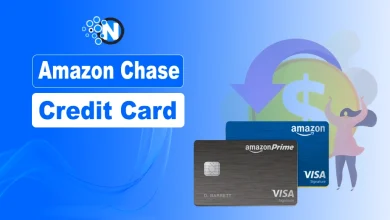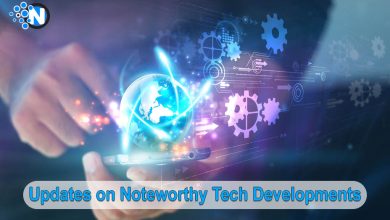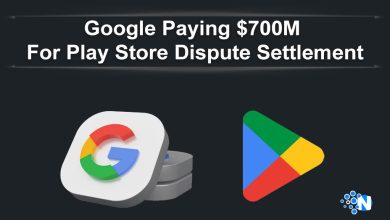Hiring an Event Management Company – The Key to Memorable Events
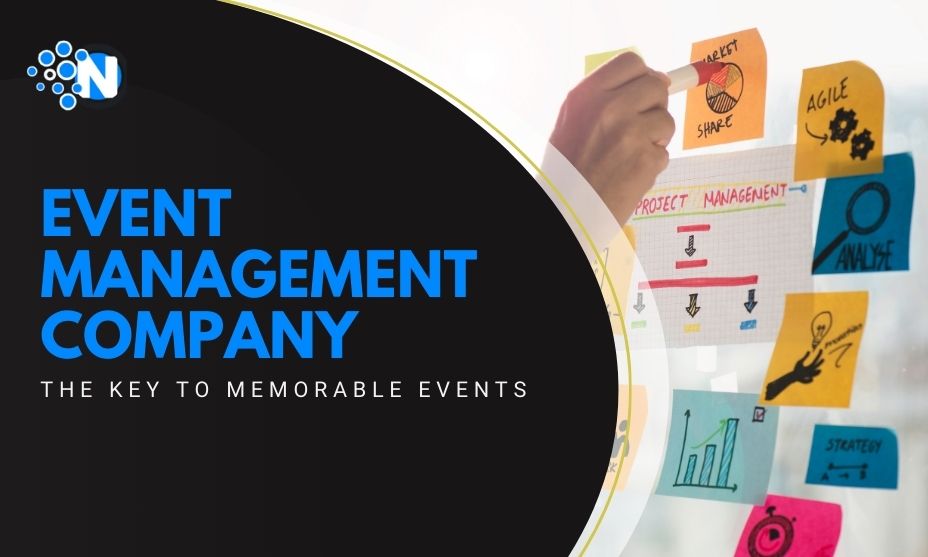
Have you ever stared in disbelief as an elaborately decorated ballroom fills with hundreds of mingling guests? Or watched performers wow an enraptured audience? Perhaps you’ve wondered how event planners transform everyday spaces into glamorous venues and curate once-in-a-lifetime experiences.
Whether hosting an elegant gala, high-tech conference, or intimate retirement party, orchestrating impactful events is part art and part science. Without proper coordination, your vision risks falling flat, draining budgets and diminished impressions.
Luckily, partnering with a professional event management company alleviates headaches, so you stay focused on your goals of educating attendees, inspiring ideas, building community, thanking employees, or growing your brand.
This guide shares insider tips on selecting the right event partner, establishing effective workflows, capturing meaningful data, and embracing innovations to deliver WOW moments that will be talked about long afterward. Follow these best practices for navigating all facets of event success.
Services Offered by Event Management Companies
Partnering with a professional event management firm is the best way to ensure everything comes together flawlessly on the big day. When evaluating event planners, look for these essential offerings:
Venue Selection and Management
- Site visits and venue recommendations
- Contract negotiation and booking
- On-site management during the event
Event Design and Décor
- Theme and design concept creation
- Decor rentals and setup/teardown
- Signage, lighting, AV, and more
Catering and Menu Planning
- Caterer recommendations and coordination
- Custom menus for meals and snacks
- Arrangement of food stations, bars, etc.
Entertainment and Production
- Securing speakers, performers, or other talent
- Sound, stage, and lighting production
- Live event technical direction
Event Marketing and Promotion
- Email, social media, and website content
- Printed invitations and programs
- Messaging and publicity before/during event
Travel and Accommodation
- Hotel room blocks and group discounts
- Ground transportation arrangements
- Travel coordination for out-of-town guests
Registration and Event Technology
- Custom registration pages and ticketing
- Event apps and virtual event platforms
- Check-in systems, live polling, analytics, etc.
On-Site Event Management
- Detailed schedules, floor plans, BEOs, and run of show
- Staffing with event manager and support team
- Troubleshooting any issues during event
Post-Event Services
- Photos, videos, press releases, and more content
- Surveys, analytics reports, and success metrics
- Thank you notes to attendees and partners

How to Find an Event Management Company
With many options to choose from, finding the right event management partner for your needs is crucial. Here are top tips for selecting a qualified company:
- Search industry directories like Cvent or BizBash, which list hundreds of event planning agencies and corporate event production companies.
- Check client lists and case studies on company websites to find those experienced with similar events, industries, or audiences that you serve.
- Read verified third-party reviews on Facebook, Google Business Profile, and elsewhere to gauge the quality of service and overall satisfaction ratings.
- Request proposals from three to five front-running companies that fit your criteria to compare services offered, pricing and fees, as well as responsiveness and expertise during your initial meetings.
- Ask for references from former clients that you can contact about their experience partnering on previous events.
- Confirm necessary licenses and liability insurance coverage is in place.
- Meet in person with the final contender(s) to ensure you have good rapport and visions aligned for event goals before signing any contracts.
The best fit will have ample experience, bring new and creative ideas to the table, communicate proactively, understand your target audience and event purpose inside out, alleviate your stress (not add to it!), and stay within your budget parameters.
Hiring an Event Management Company
Once you’ve found a qualified event management agency or corporate event production company to work with, it’s time to formalize the relationship. Follow these best practices when bringing an event partner on board:
Solidify Scope of Work and Deliverables
Provide detailed expectations around the areas where you’ll need support. Will they handle the venue search start to finish? Lead event promotion and publicity? Oversee all vendor relationships? Having clearly defined responsibilities and measurable deliverables (event attendees, social media impressions, etc.) ensures alignment.
Establish Timelines and Schedules
While creative brainstorming takes time, you want to keep the project on track for key deadlines. Outline all due dates for major milestones like venue contract, entertainment booking, invitation mailing, rehearsal dates, and anything else vital to pulling off the event.
Set Up Collaboration Tools and Channels
Smooth workflow depends on ongoing communication and easy transfer of files, ideas, and feedback. Set up shared drives and calendars. Choose platforms like Slack or Trello to collaborate. Have regular status update meetings via phone, video chat, or in person.
Review Contracts Carefully
Before entering a formal agreement, carefully examine contracts. Ensure all outlined services, fees, and billing schedules match your discussion. Check for hidden costs. Confirm cancellation policies or liability limits. Thoroughly reviewing contracts upfront prevents misunderstandings down the road.
Get It in Writing
While verbal agreements have their place in early conversations, official approvals should always be written down. Keep a paper trail of signed proposals, statements of work, invoices, change orders, and any other contractual agreements should questions arise later.
Assign a Main Point Person
Day-of event emergencies require quick decisions and responses. Empower your lead event contact with the authority to make critical judgement calls so problems get solved promptly. However, they should still loop in key stakeholders during a crisis situation.
Conduct Post-Event Reviews
Gather insights through event satisfaction surveys, metrics reports, client calls, and team debriefs. Identify areas for improvement, refine processes, celebrate successes, and determine next steps to apply lessons learned to make your next event even better.
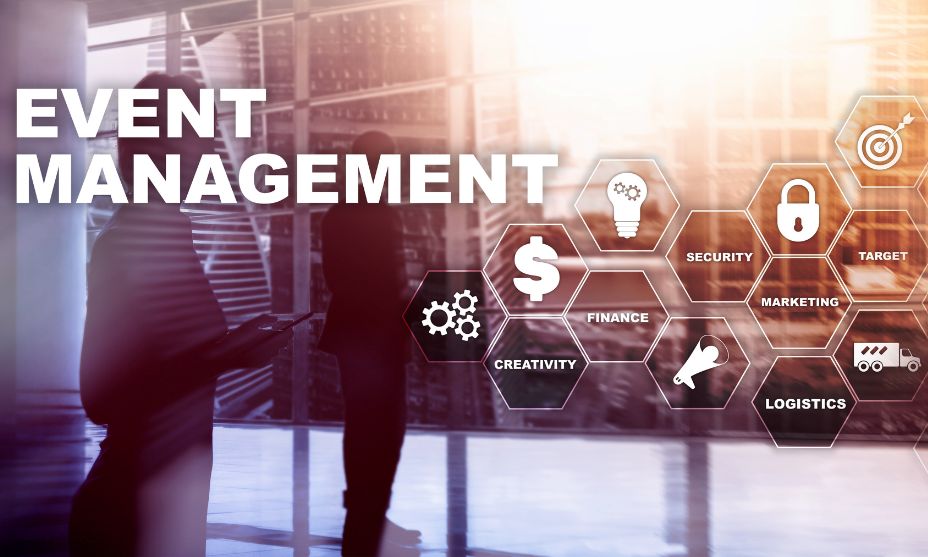
Keys to Navigating Event Success
By tapping into the expertise of an event management company, you gain peace of mind and a trusted partner to help navigate all elements of event success. Here are the top tips:
Innovate with Hybrid Events
Virtual, hybrid and in-person events each have advantages. Work with creative experts to incorporate digital experiences into traditional events through live streams, interactive platforms, virtual reality, and more to increase reach and engagement.
Focus on Audience Experience
Keep your target attendee at the heart of all decisions – from entertainment with wide appeal to bite-sized content delivery, networking prompts, seamless technology, immersive environments, shareable moments and relevant takeaways.
Plan for Contingencies
Despite best-laid plans, hiccups happen. Build contingency budgets, secure backup vendors, plan for tech fails, train staff for emergencies, and purchase event insurance to allow for quick pivots so the event goes on smoothly.
Allow Time for Relationship Building
Successful partnerships depend on trust and rapport. Have alignment calls to map visions, share useful resources, brainstorm ideas collaboratively, and put new thoughts into action together.
Obsess Over Event Purpose
Remind yourself often why you are organizing this event and what success looks like. Is it driving sales? Improving employee or customer satisfaction? Building community goodwill? Don’t lose sight of core goals amid logistical details.
Capture Meaningful Event Analytics
Tracking key performance indicators beyond basic attendance numbers can reveal event impact and opportunities. Gauge engagement via session attendance, poll participation, contest entries, social media volume, branded hashtag use, prospect interactions, and other quantifiable data.
Stay True to Brand Identity
From start to finish, all touchpoints with your audience – the venue, decor, catering, gifts, entertainment, messaging and more – should authentically reflect your brand personality. Details matter when creating an immersive brand experience.
The Power of WOW Moments
Shoot for awe-inspiring event moments attendees excitedly re-share afterward, fueling positive word-of-mouth buzz. The right mix of surprise delight elements leaves a lasting impression, extending your event’s shelf life beyond the big day.
Conclusion
Partnering with a seasoned event management expert arms you with experts to handle the strategic and tactical heavy lifting required for meeting and event success. Their connections, negotiating power, outside perspective, innovative ideas, and breadth of experience create memorable and meaningful experiences for your attendees.
While events surely take much effort and coordination, think of it as curating a special opportunity for your community of customers, prospects, employees or industry peers to engage with your brand in new ways. By tapping into an event partner’s valuable expertise, you get to focus on fostering connections and carrying out your event purpose vs. sorting logistical details behind the scenes distracted and stressed out.

